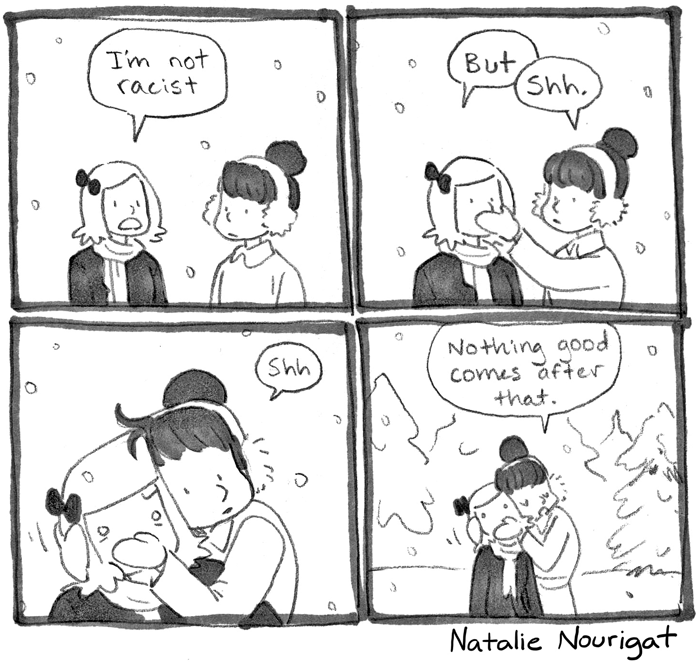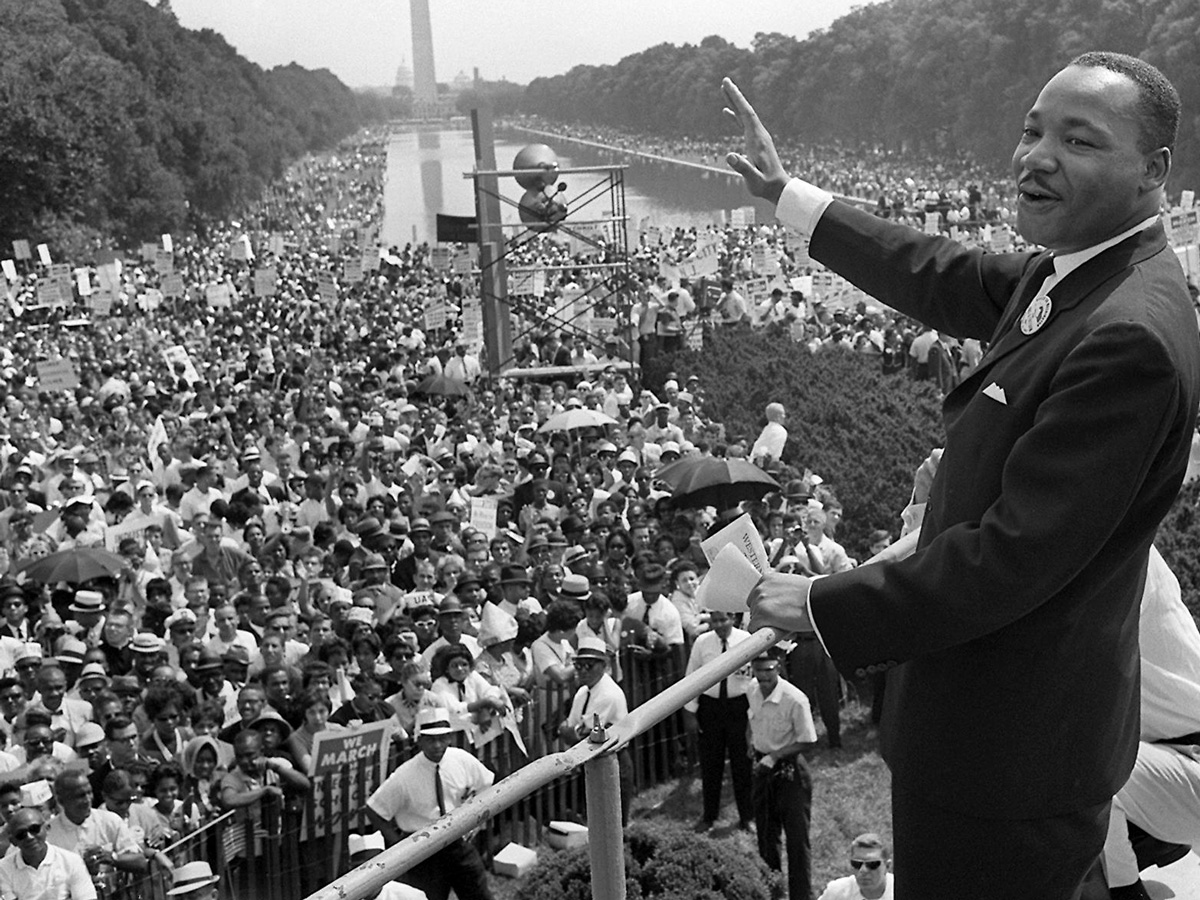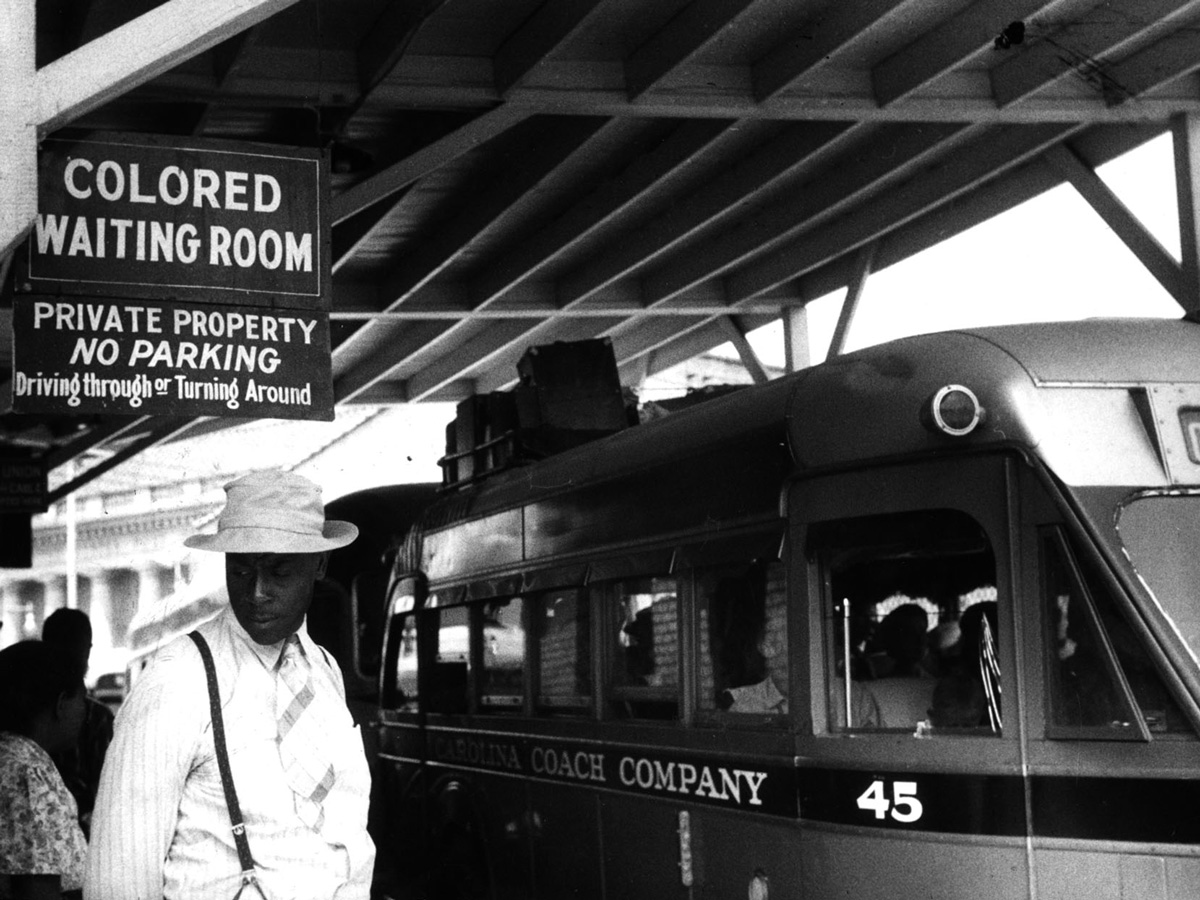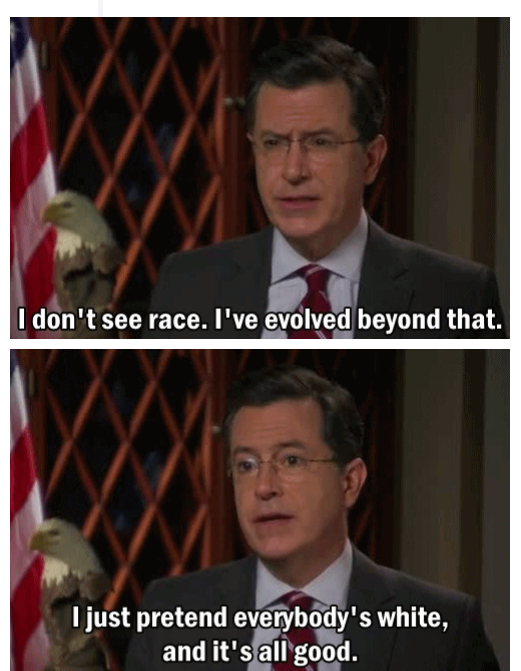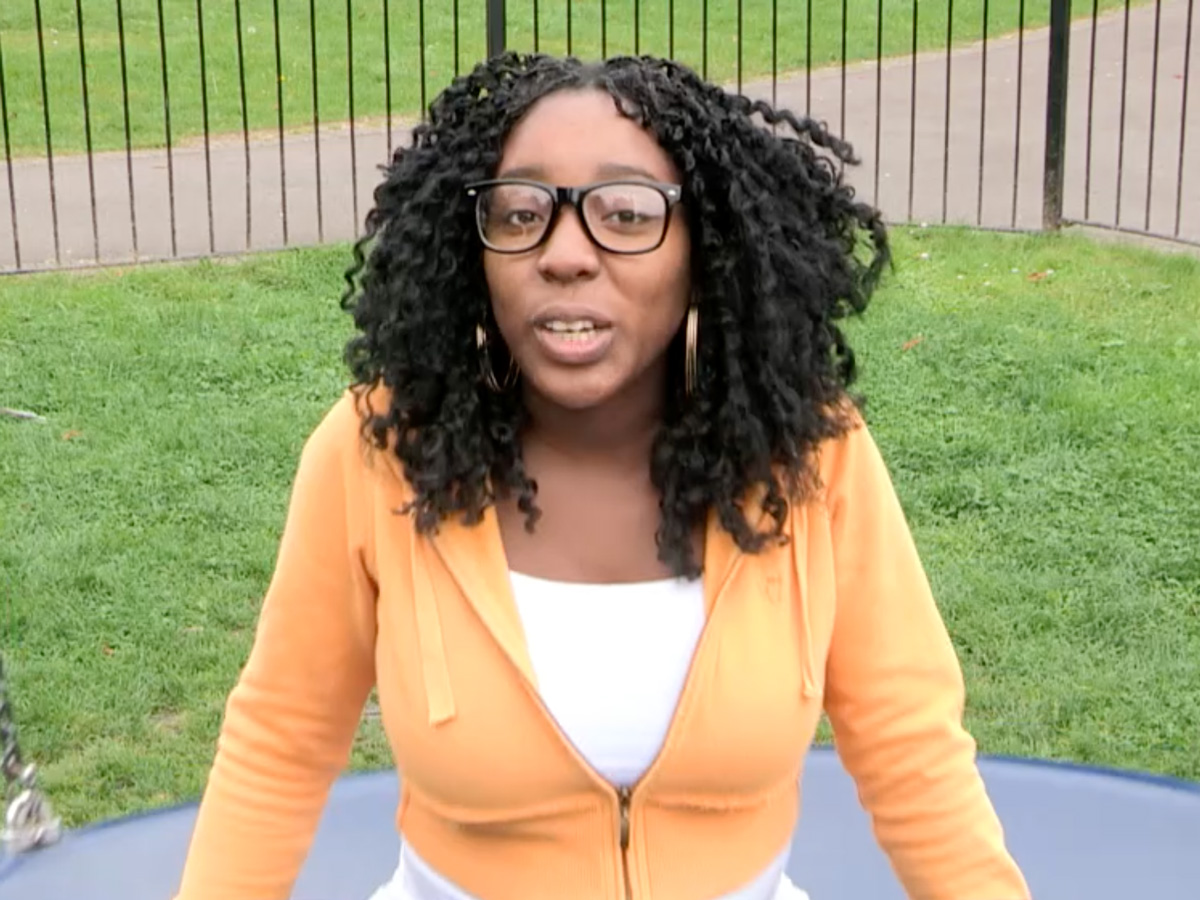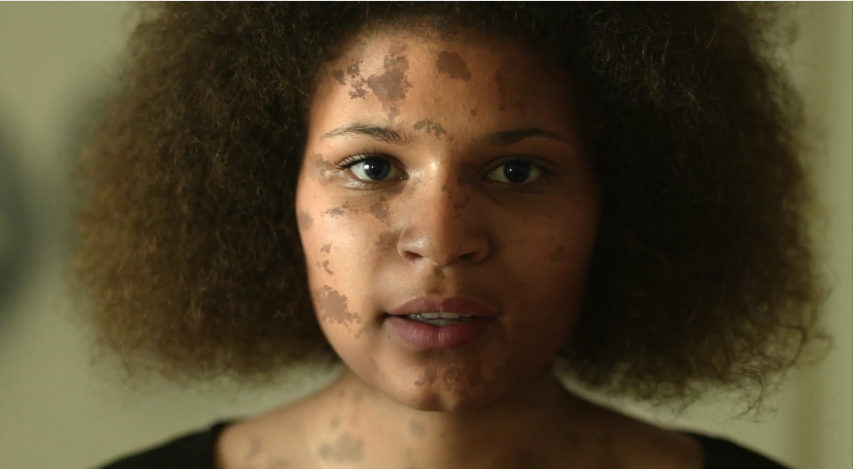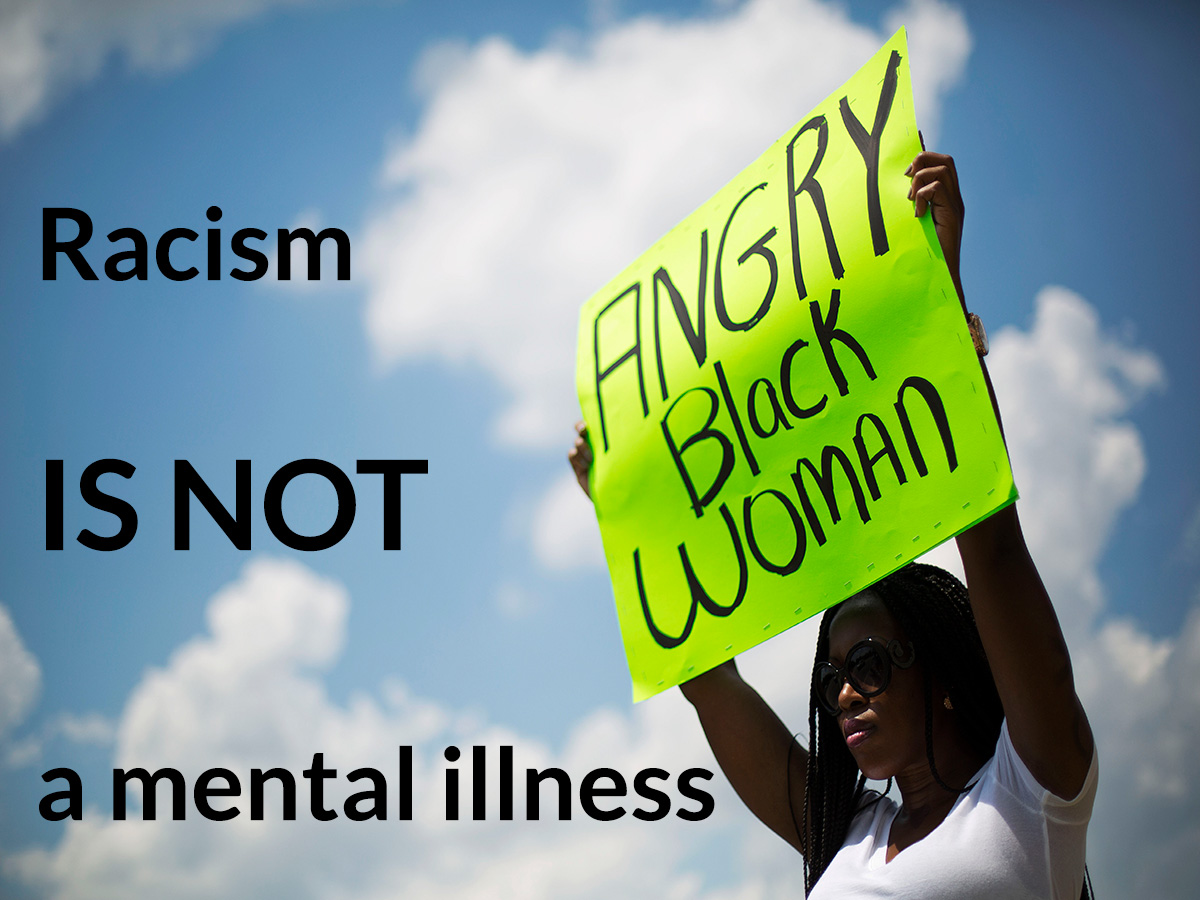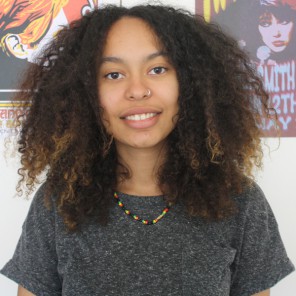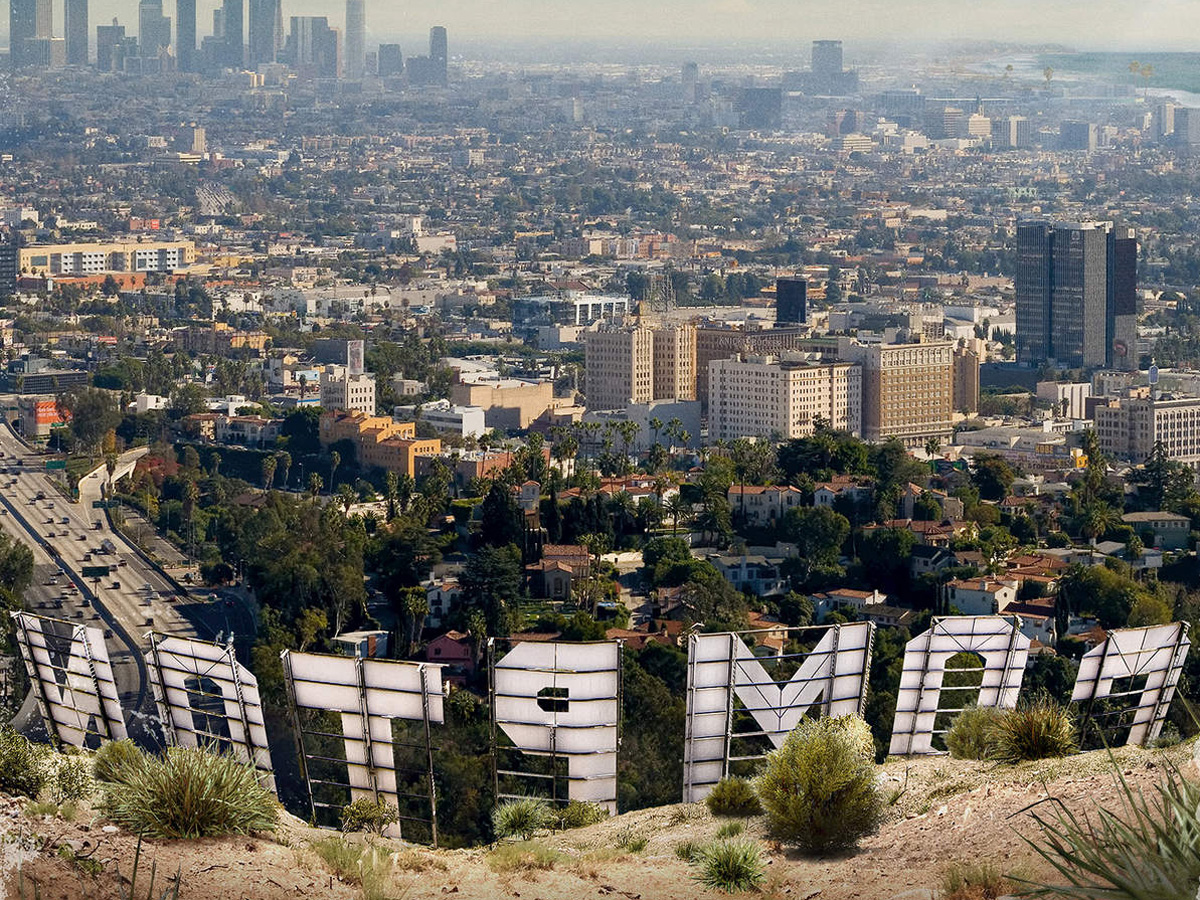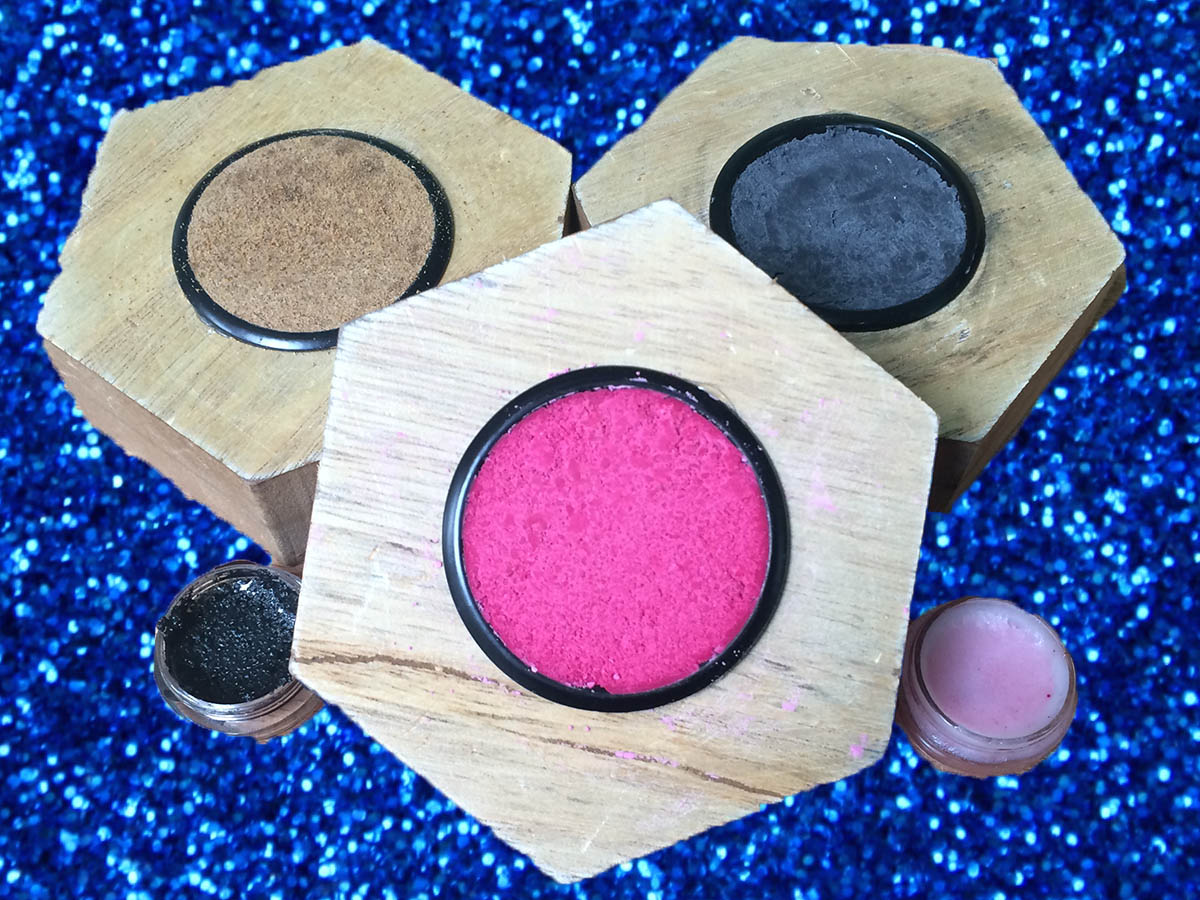Why We Can’t Say Coloured, And Other Questions About Race… Answered
Is the word ‘coloured’ so bad? It may be outdated, but is it so bad? Leo Jay Shire explores, and finds other questions about race that need addressing too.
This week Benedict Cumberbatch has been apologising for using the word ‘coloured’ while trying to highlight the lack of opportunities for diverse actors in the UK. Is the word so bad? Yes. Here’s why, as well as some answers to other frequently asked questions about race.
What does coloured mean?
In the UK and US, coloured is an outdated term used to describe people that aren’t white. It has a history of being used predominantly to describe black people. It has not been considered an accepted term since the mid-twentieth century.
Why can’t we say coloured?
…a strawberry is just red, but red velvet cake has been coloured red…
It is offensive because it implies that a person’s ‘colour’, or skin tone, is something that has been added to them. For example, a strawberry is just red, but red velvet cake has been coloured red (that’s why it’s more exciting than a Victoria sponge). A person who is not white has not coloured their skin. We shouldn’t use the term coloured in the same way we wouldn’t refer to a white person as bleached (gross).
What about the NAACP?
The NAACP is not an excuse to use the word coloured.
The NAACP, or the National Association for the Advancement of Colored People, is an organisation focused on African-American civil rights. It has existed since 1909 when ‘colored’ was still a widely used and understood term in America. The historical context in which the organisation was formed was widely different from the historical context in which we might use the word coloured today. Remember, racial segregation laws still existed in parts of the US right up until the 1960s. That’s a whole half-century after the NAACP was originally formed. The NAACP is not an excuse to use the word coloured.
So, what can we say?
The politically correct term at present is ‘People of Colour’ (abbreviated to PoC). Even Martin Luther King Jr. used the term ‘citizens of color’ in his famous ‘I Have A Dream’ speech, and he knew his stuff when it came to civil rights. However, when referring specifically to black people, just say black people.
What about BAME?
‘People of Colour’ refers to non-white people only.
BAME or BME stands for ‘Black, Asian and Minority Ethnic’ and ‘Black and Minority Ethnic’ respectively. These are terms used in the UK to refer to anybody black, Asian and/or from an ethnic minority. Although often used interchangeably with PoC the two terms are not the same. For example, Irish Travellers or White Eastern Europeans are considered to be BAME individuals as both groups are an ethnic minority in this country, however they aren’t people of colour. ‘People of Colour’ refers to non-white people only.
Then why don’t we just say non-white people?
This terminology puts the emphasis on being white. Imagine if we all started referring to women as non-men. Insulting, right? ‘Non-white’ does not aim to acknowledge the broad spectrums of ethnic groups and races that exist other than white, and defines this perceived ‘other’ by what they are not. It implies that white is the default or normal way to be. As we know, all skin tones are normal (unless you’re this Dove lotion).
Why do we need a term for people of colour anyway?
Because the West has a long and dark history of colonialism that led to the death, slavery and segregation of many people of colour, this has led to white people having privileges in modern Western societies due to their race. It is important for people of colour to have an umbrella term to refer to themselves by, in order to highlight who in society is at an unfair disadvantage specifically because they are not white. This is different from highlighting who in society is at an unfair disadvantage because of their particular race as racism impacts each race differently. In a conversation about the racism against a specific race or ethnicity it would be wrong to use the term people of colour in that context; the race or ethnicity in question should be stated instead.
Does the terminology really matter if, like Cumberbatch, we mean well?
Yes, it still does. The best way to be a supportive ally is to listen to the opinions of oppressed groups. If somebody has stated that a certain word, slur, or terminology makes them feel marginalised the most well-meaning thing an ally can do is to listen and apologise. Everyone makes mistakes, but the only way society can move towards a more equal future is if we acknowledge those mistakes and correct them.
Do you feel like he was right to use the word? How can we get more people of colour on to our film and television screens. Let us know: @rifemag


